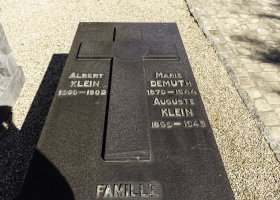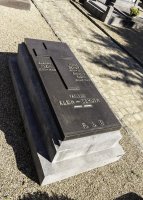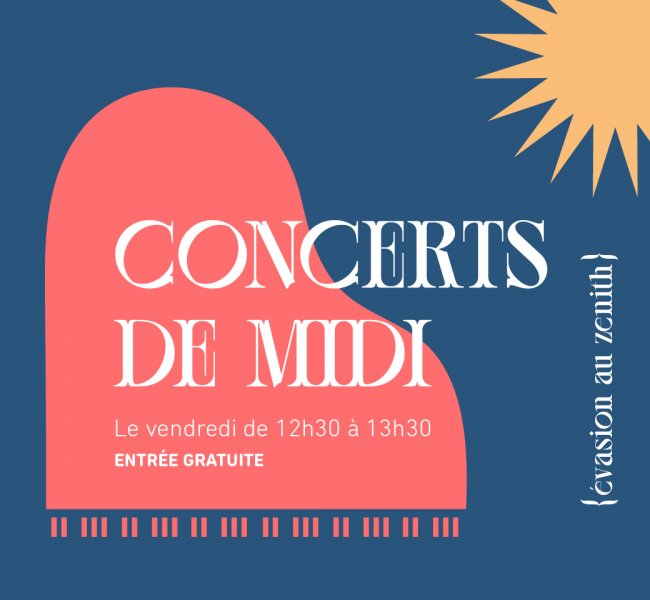Description
The grave of Auguste Klein is a reminder of the life and achievements of a much-loved musician. Auguste Klein was born in Diekirch on 3 September 1866. His father, Auguste Klein (1842–1919), was a cornetist and the director of several music associations. By 1882, the younger Auguste Klein had already attracted attention as a talented violinist. After finishing secondary school, he pursued his studies in Brussels before enrolling in the Cologne Conservatory. On returning to Luxembourg City, he gave private music lessons. On 7 January 1899, he married Marie-Thérèse Demuth (1879–1944) and the couple subsequently had a son, Albert (1900–1902). The same year that he got married, Auguste Klein accepted the position of choirmaster of the Les enfants de Luxembourg choir. The concerts put on by the Orchestre d'amateurs du Casino bourgeois", which he conducted, were tremendously successful. In 1908, he formed the "Auguste Klein Quartet". As conductor, he directed the Caecilia concert band in Kayl, the Concordia choir, the Harmonie Luxembourg City men's choir, the Philharmonie musical ensemble, and the Dudelange municipal band. When the Luxembourg City Conservatory reopened, he agreed to join as a violinist and violist. In 1921, he was appointed director ad interim of the Conservatory, and subsequently went on to occupy the position of deputy director of the institution until he retired in 1936. He taught violin at the École Normale for future teachers. He taught Princess Hilda, a member of the Grand Ducal family, how to play the violin. From 1931 to 1940, he was choirmaster and director of music at Adolphe-Verband, and oversaw the interests of 105 affiliated musical ensembles. He was involved in the founding of the Revue musicale luxembourgeoise. For several years, he sat as a member of the panel of judges for singing and instrumental music competitions. He composed arrangements for the poets Willy Goergen, Siggy vu Lëtzebuerg and Leo Berchem.
His wife, Marie Demuth, passed away in 1944 and her husband followed her soon thereafter on 23 October 1945. As the couple had no direct heirs, on their retirement in 1935/36, they left their entire fortune to the City of Luxembourg, save for an annuity for the last survivor and a sum for the upkeep of their grave. The Union Chorale G.-D. de Rollingergrund sang at his funeral.
In 1927, Auguste Klein was awarded the title of Officer of the Académie française.
In 1932, he was awarded the title of Officer in the Order of Adolphe of Nassau, and made Knight of the Order of the Oak Crown.
The following is a sample of his compositions: “Tantum ergo” for four voices; cantatas: “D’jongt Fréijoer geet duerch d’Land”, “Kléng ower réng”, “Mäi Ländchen”, “den Emigrant”, “Schlofliddchen”; scores for piano: “Finky-Gavotte”, “Marguerite Gavotte”; his piece for orchestra, “Gebet für V”; and his marches, “Grande marche triomphale” and “Salut au drapeau”.













